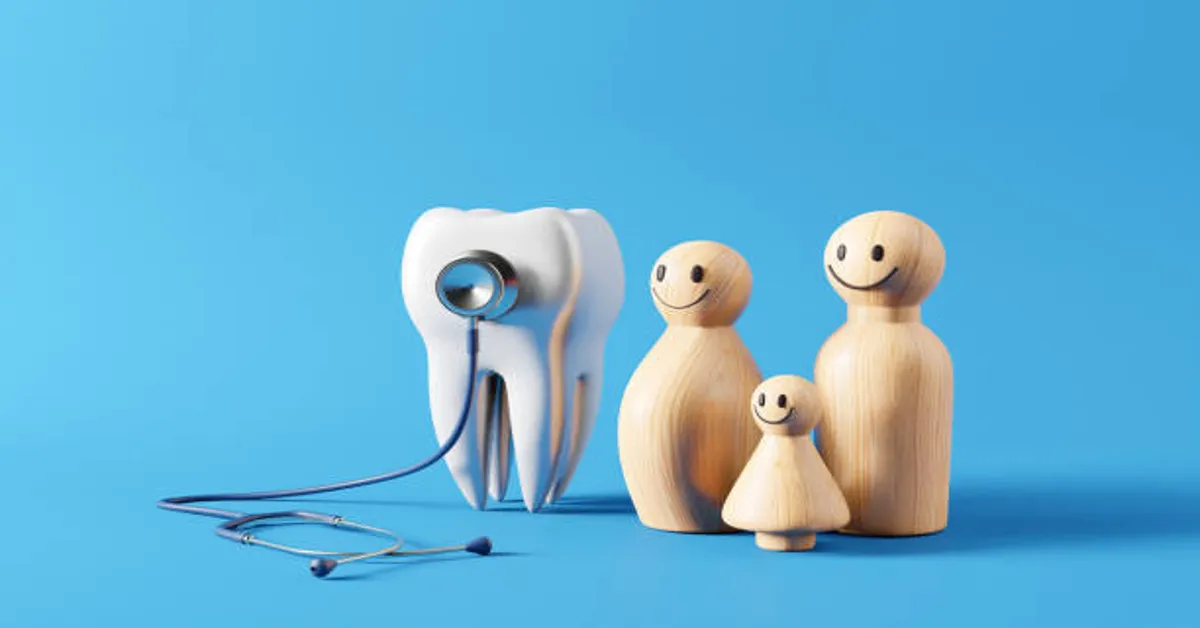Key Takeaways
- Early dental education and routine practices are vital for long-term oral health.
- Regular dental check-ups and preventive treatments can prevent common dental issues.
- Integrating oral health into daily family routines promotes consistency and accountability.
Preventive dental care is a cornerstone of lifelong oral health, and adopting proactive strategies can make a lasting difference for families. Families can reduce the risk of cavities, gum disease, and other common dental issues by focusing on early intervention and consistent routines. From regular checkups and cleanings to proper brushing techniques and balanced nutrition, preventive care helps instill healthy habits in children while supporting the long-term well-being of every family member. As dental health is closely linked to overall health, prioritizing preventive measures at home and through professional care sets the foundation for brighter smiles and fewer complications in the future.
Maintaining optimal oral health is essential for overall well-being, especially for families aiming to cultivate lifelong healthy habits for every member. Adopting preventive dental care strategies minimizes the risk of dental diseases, leads to cost savings, and boosts confidence in children and adults alike. Families looking to enhance their dental care routines can benefit from exploring comprehensive dental coverage options at https://www1.deltadentalins.com/individuals-and-families/plans/deltacare-usa.html, which supports preventive care as an integral part of family oral health. By using practical preventive approaches at home and beyond, families can pave the way toward excellent oral health and overall wellness for years to come.
Early Dental Education
Instilling proper oral hygiene habits during childhood sets the stage for a lifetime of healthy smiles. Begin dental care even before the first tooth eruption by gently wiping the baby’s gums with a soft cloth. Once teeth begin to appear, brush them twice a day using a small toothbrush with soft bristles and a tiny smear of fluoride toothpaste.
Using age-appropriate books, videos, and songs can make learning about dental hygiene enjoyable and relatable. Turning brushing and flossing into fun, everyday activities reduces resistance and builds enthusiasm. When children observe adults prioritizing oral health, they are more likely to adopt those behaviors, reinforcing the family unit’s commitment to dental health.
Establishing Family Routines
Establishing a daily dental hygiene routine as a family encourages consistency and helps children see oral care as a priority, not a chore. Set designated morning and evening times for brushing and flossing, involving everyone and turning the process into a shared activity.
Let children pick their toothbrushes and toothpaste flavors to give them a sense of ownership. Use visual schedules, charts, or sticker rewards to motivate younger children and track adherence. Modeling effective brushing and flossing techniques ensures everyone in the household follows best practices, laying the groundwork for lifelong oral health.
Regular Dental Check-ups
Routine dental visits are critical for the early detection and prevention of dental problems. Schedule dental appointments for all family members at least twice a year, starting from the child’s first birthday or within six months of the first tooth’s appearance.
When possible, turn dental check-ups into family events. This not only normalizes the experience for children (helping to minimize dental anxiety) but also streamlines family logistics. Preventive treatments such as cleanings, sealants, and fluoride applications can significantly lower the risk of cavities and gum disease, while regular professional exams catch potential issues before they escalate.
Dietary Considerations
Choosing nutritious foods and understanding the effects of diet on oral health play significant roles in prevention. Limit sugary snacks and beverages, as frequent exposure to sugar raises the risk of tooth decay. Instead, encourage fruits, vegetables, whole grains, lean proteins, and low-fat dairy to provide the nutrients necessary for strong teeth and healthy gums. Drinking water throughout the day keeps the mouth hydrated, helps wash away food particles, and reduces acid. Chewing sugar-free gum after meals can stimulate saliva, adding another line of defense against tooth decay.
Leveraging Technology
Modern dental care technology can make preventive routines more straightforward and practical for families. Electric toothbrushes often provide better plaque removal and can be especially helpful for young children or those with dexterity challenges. Water flossers, dental apps, and digital timers can track and encourage brushing, making daily routines more engaging. Customized reminders via mobile apps, interactive educational games, or demonstration videos provide families innovative ways to integrate technology and form positive oral health habits. Taking advantage of these tools helps ensure that preventive care routines stay consistent and fun for all ages.
School-Based Dental Programs
School-based dental programs can be instrumental in providing preventive care for families facing access barriers. Mobile dental clinics, in-school screenings, and education programs deliver sealants, fluoride treatments, and oral health guidance directly to children who might lack regular access to a dentist.
Programs like CariedAway in New Hampshire exemplify how partnerships between schools, local dental professionals, and public health organizations can fill vital gaps in preventive care. Expanding these programs helps promote dental health equity and empowers communities to break the cycle of untreated dental needs.
Integrating Oral Health into Primary Care
Integrating dental assessments into routine pediatric or family medical check-ups helps catch dental issues early and supports overall health. Pediatricians can offer guidance on oral hygiene, apply fluoride varnish, and refer patients to dental professionals for follow-up care. This collaborative approach fosters communication between dental and medical providers, ensuring a holistic understanding of the patient’s health and identifying risk factors early on.
Conclusion
When embraced by the entire family, preventive dental care paves the way for lifelong oral health and wellness. Consistent early education, shared routines, regular professional check-ups, mindful dietary habits, and leveraging available community resources build a positive home oral care culture. Empowering families with knowledge and supportive tools enhances dental health, confidence, and overall quality of life.
ALSO READ: Skinpres T: A Complete Guide to Healthy, Radiant Skin

